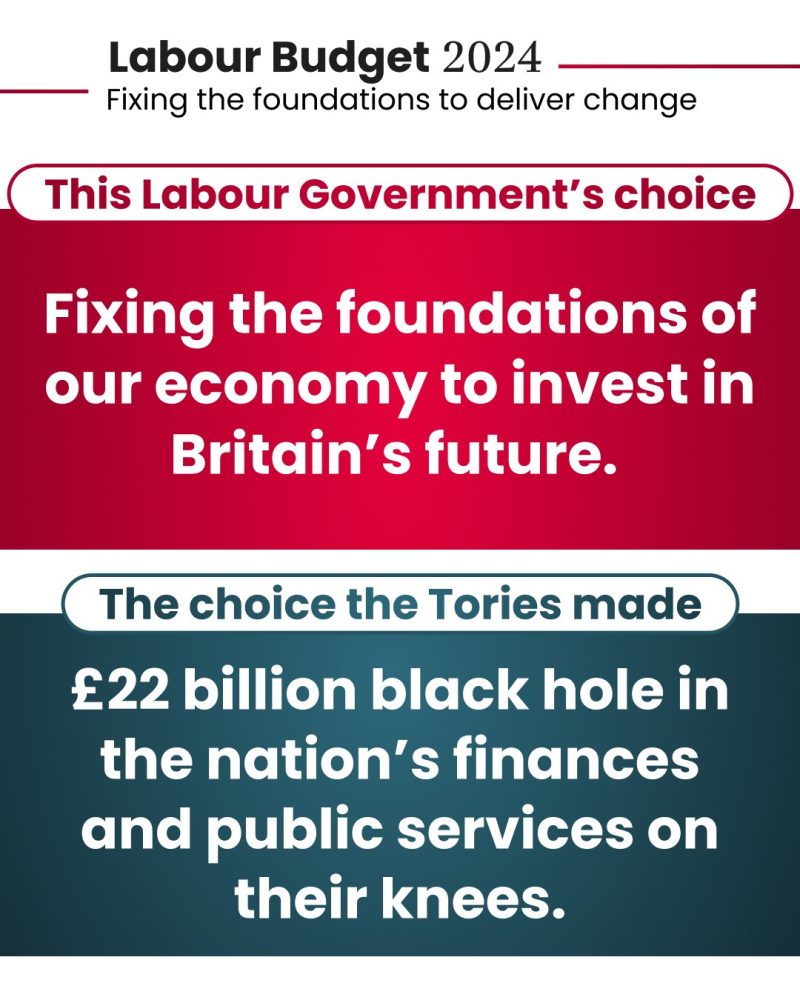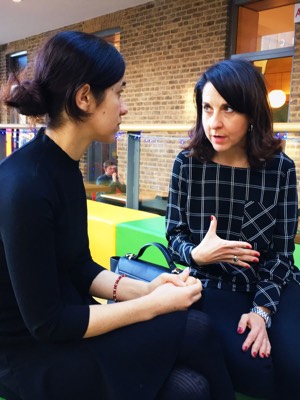Labour’s first budget in 15 years invests in Leicester’s future with new measures to drive up opportunity and drive down poverty.
The Chancellor Rachel Reeves set out a series of announcements to invest in the NHS, rebuild schools, and put more money in people’s pockets.
New measures include a 6.7 per cent rise in the National Minimum Wage to £12.21 an hour, more than £22bn for the NHS to cut waiting lists, £6.7bn to recruit more teachers and rebuild and maintain schools, and £500m to kickstart new affordable home building.
These new measures will help to reduce poverty and increase opportunities for people to find work.
And our new Get Britain Working plan will develop:
- A new jobs and careers service to help get more people into work, and get on in their work, by linking jobseekers with employers, with an increased focus on skills and careers;
- Joined-up work, health and skills plans to tackle economic inactivity and boost employment, led by Mayors and local areas;
- A Youth Guarantee so that every young person is learning or earning.
Alongside this, the Budget included major changes to tackle poverty.
A new Fair Repayment Rate meaning 1.2 million of the poorest households will benefit by an average of £420 a year, lifting tens of thousands of children and families out of poverty.
The biggest ever earnings threshold increase for Carer’s Allowance – going up by £45 a week to £196 to make sure those with caring responsibilities can earn more and be rewarded for their hard work.
The Household Support Fund will be extended by a full year with almost £750m to help struggling families and pensioners in England, on top of the six months funding of £421m already announced.
We promised change, and that is what we will deliver.
From investing in the NHS to increase appointments and cut waiting lists, to recruiting more teachers and rebuilding our schools, this first Labour budget 15 years puts us on a path to fixing the foundations of the economy.
We will drive up opportunity and drive down poverty by boosting the National Minimum Wage, strengthening the welfare safety net to help the poorest families, and investing £240 million in Getting Britain Working again.
That means more pounds in people’s pockets, an NHS that is there for you when you need it, more good jobs across the country, and businesses creating wealth and opportunity for all.


































